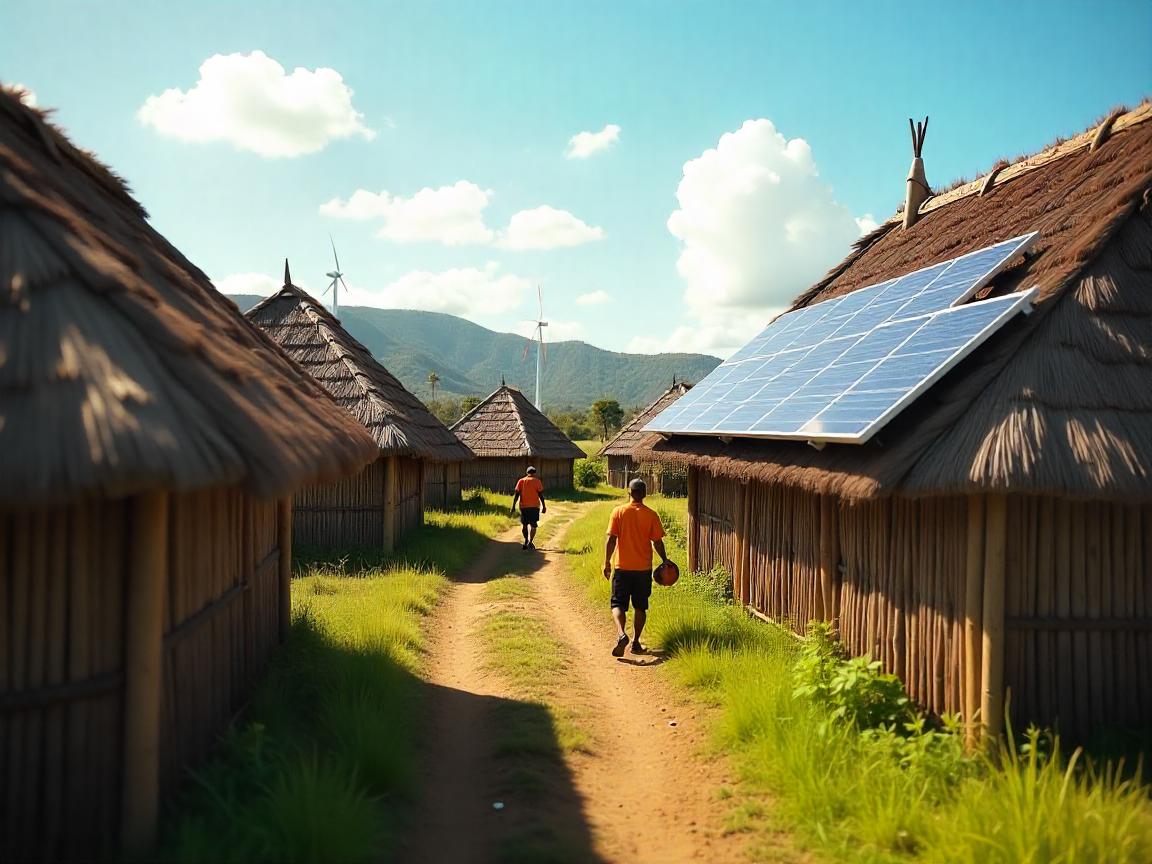Після циклону Вінстон у постраждалих від нього селах Фіджі відбувається несподіване відродження, що демонструє неабияку стійкість місцевих громад. Цей перехід до екотуризму під керівництвом громад не лише відроджує регіон, але й зміцнює критично важливий зв'язок між туризмом і місцевою економікою.
Наслідки циклону
Руйнівний циклон спричинив безпрецедентні руйнування у всіх чотирьох регіонах Фіджі. У селі Наталейра, розташованому приблизно за 85 км на північ від Суви, циклон перетворив на руїни будинки, школи та громадські будівлі. Село зіткнулося з тривалою боротьбою за відбудову, витративши два болісних роки на зусилля з відновлення. Через руйнування основної інфраструктури туризм, який зазвичай слугує рятівним колом для місцевої економіки, занепав, що вплинуло не лише на життєдіяльність мешканців, але й на ширший економічний ландшафт, де подорожі та туризм складають близько 40% ВВП Фіджі.
Місцеве лідерство в екологічному туризмі
Джей Бау, власник Natalei Eco Lodge, взяв на себе ініціативу відродити еко-будиночок, коли стало очевидно, що громада потребує підтримки. Маючи досвід організації турів для спостереження за дельфінами на сусідньому Місячному рифі, Бау, уродженець Наталейри, погодився взяти на себе монументальне завдання відновлення. Старійшини громади вважали, що він може стати каталізатором змін, і він з радістю взявся за цю справу. Як зазначив Бау, "я почав з нуля".
Стале майбутнє розгортається
Роки потому, еко-готель "Наталей" перейшов від простого виживання до процвітання в контексті сталого туризму. Зараз гості можуть насолоджуватися безліччю розваг, таких як каякінг у мангрових заростях про незаймані води, висаджування коралів та можливості спостерігати за місцевими популяціями дельфінів. У співпраці з британською організацією Whale and Dolphin Conservation, що базується у Великобританії, Bau здобув знання про те, як захистити морських мешканців регіону, одночасно передаючи відвідувачам природоохоронну мудрість. Крім того, готель пишається тим, що пропонує гостям органічні продукти, вирощені на власному городі, приділяючи особливу увагу здоров'ю та безпеці.
Погляд Бау на постачання продуктів харчування підкреслює важливість цього питання: "Ми вважаємо за краще їсти органічну їжу. Це безпечно для нас, для персоналу, а також для гостей". Ця особиста прихильність до сталого розвитку знаходить відгук у всій громаді і відображає зростаючу тенденцію, коли витрати на подорожі приносять безпосередню користь місцевим школам і службам.
Співпраця та вплив на громаду
Natalei Eco Lodge - лише одне з підприємств, що входить до складу Duavata, об'єднання екологічно свідомих туроператорів. Іншим помітним членом є Bula Coffee, ініціатива, яку очолив новозеландець Люк Фраєтт. Цей заклад вирощує каву з місцевих зерен і пропонує екскурсії на свою ферму. Метою цих підприємств є підтримка місцевих сіл та заохочення до сталого розвитку.
Відданість Фрайєта громаді очевидна, адже він пояснює: "Ми дбаємо про те, щоб кожен долар, який ви витрачаєте, мав вплив на низовому рівні". Його компанія - це більше, ніж бізнес; це шанс для місцевих фермерів процвітати, не покидаючи своїх домівок у пошуках роботи. Бізнес-модель працює за принципом "3P": люди, планета і прибуток, гарантуючи, що кожен аспект підприємства робить позитивний внесок як у навколишнє середовище, так і в місцеву громаду.
Підключення відвідувачів до спільноти
Маріта Менлі, директор Talanoa Treks, поділяє цю думку. Її компанія пропонує відвідувачам можливість дослідити драматичний ландшафт Фіджі, одночасно долучаючись до його багатої культурної спадщини. Дуавата прагне забезпечити досвід, який ставить на перше місце залучення громади та культурне занурення, запрошуючи гостей оцінити Фіджі за межами типових туристичних вражень.
Уроки стійкості
Бау лаконічно підсумовує суть цього відновлення, керованого громадою: "Ви просто робите свій сад гарним, і метелик прилетить". Сьогодні еко-готель "Наталей" є прикладом того, як добре доглянутий сектор екотуризму може приваблювати відвідувачів і омолоджувати місцеву культуру, виконуючи чудову місію сталого розвитку.
Подорожні міркування в екологічному туризмі
Поява таких екологічних ініціатив підкреслює не лише важливість стійкості громад, а й роль, яку відповідальний туризм може відігравати у розвитку місцевої економіки. Однак важливо пам'ятати, що хоча огляди та відгуки є корисними для формування сприйняття таких ініціатив, вони не можуть зрівнятися з особистим досвідом. Незалежно від того, чи відвідуєте ви Файдж, чи досліджуєте мальовничі краєвиди на порозі еко-будиночків, наявність правильного транспорту може значно покращити вашу подорож.
Плануючи поїздку в ці спокійні місця, надійні послуги трансферу дійсно можуть мати велике значення. Саме тут такі рішення, як GetTransfer.com вступають у гру, пропонуючи широкий вибір транспортних засобів від перевірених постачальників за конкурентними цінами. Окрім прозорості та персоналізованого транспортного досвіду, користувачі можуть переглядати вичерпну інформацію про обраний транспортний засіб, щоб переконатися, що їхній вибір відповідає очікуванням.
Насамкінець, шлях до відновлення та сталого туризму на Фіджі ілюструє силу співпраці та залучення громадськості. Трансформація, яку ми спостерігаємо в Наталейрі та за її межами, демонструє, як екотуризм може стати рятівним колом для місцевої економіки, водночас покращуючи враження відвідувачів. Роблячи усвідомлений вибір, мандрівники можуть підтримати це місцеве відродження, насолоджуючись перевагами персоналізованих транспортних рішень. Почніть планувати свою наступну подорож і забезпечте собі трансфер по всьому світу за допомогою GetTransfer.com. Отримайте найкращі пропозиціїGetTransfer.com.

 Трансформація фіджійських сіл через екологічний туризм під керівництвом громади">
Трансформація фіджійських сіл через екологічний туризм під керівництвом громади">

Коментарі